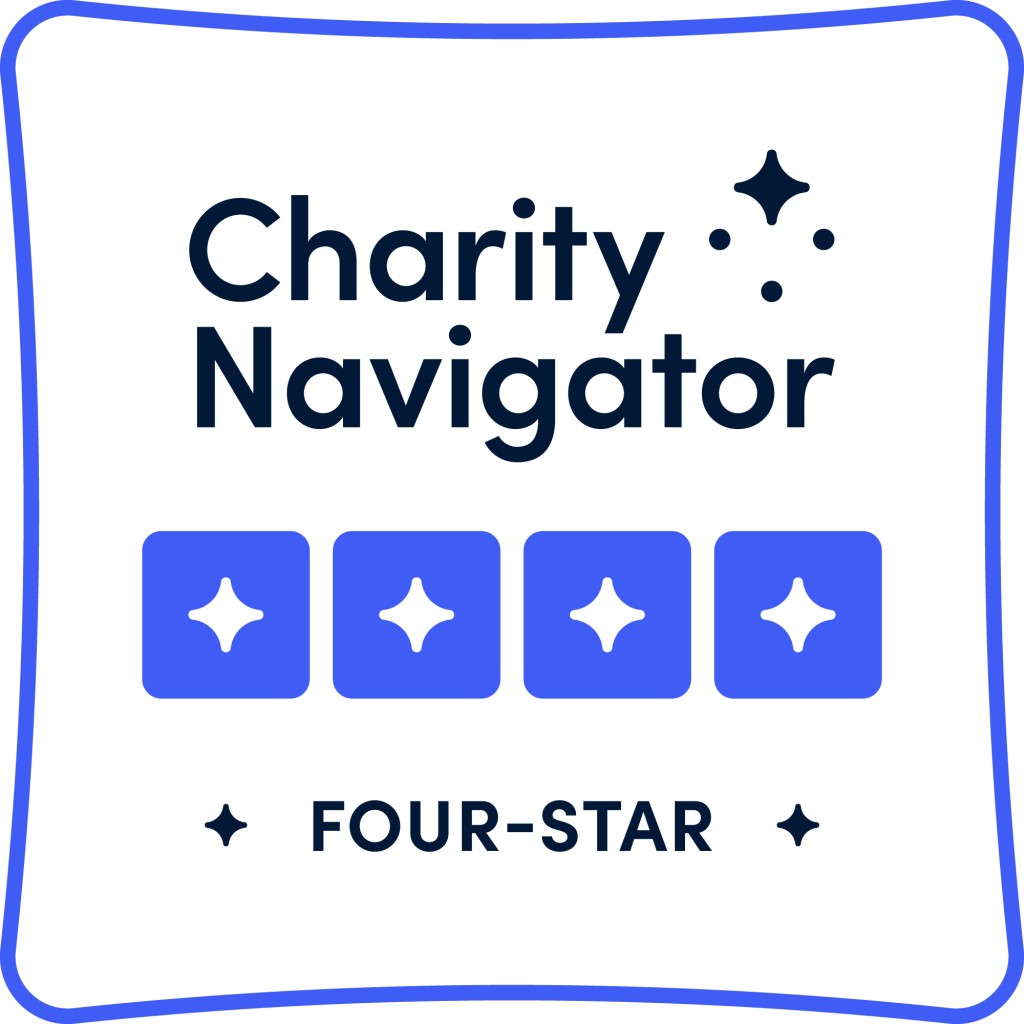My story begins in March 2019 when my gynecologist noticed that my uterus felt enlarged during my annual exam. She ordered a transvaginal ultrasound, which detected a 9cm mass in my left ovary. My bloodwork looked stable and my ca- 125 tumor marker was within the normal range, so we were optimistic the mass was benign. But during this time I became increasingly aware of symptoms including pain/pressure in my abdomen, persistent bloating, and frequent urination.
My newly-referred gynecological oncologist/surgeon gave me two options: surgery to remove the mass and left ovary/fallopian tube or wait a few months to monitor its growth. Given my healthy blood panel results, it seemed like a viable option to wait it out. But as my symptoms were increasing with each day, I opted for surgery without hesitation.
I went in for surgery on April 26, 2019, feeling hopeful my story would end here. But unfortunately, the biopsy results tested positive for cancer and a hysterectomy was also necessary.
The surgeon notified my mom and boyfriend who were in the hospital waiting room, and they were forced to make a very difficult decision on my behalf: either proceed with the hysterectomy that same day or give me the opportunity to consider freezing my eggs and endure a second major debulking surgery. I awoke from the three-hour surgery to hear the worst news of my life, but I was relieved this life-changing decision was still in my hands.
A few days later, I received even more bad news—the remainder of my surgical biopsy results revealed the cancer was not only in my uterus, but also my colon, omentum, and abdominal lymph nodes. I was told I had stage 3C low-grade serous ovarian cancer—a rare, aggressive form of cancer that’s slow growing, difficult to detect (thus my normal blood panel results), and resistant to chemo.
So not only did I require a full hysterectomy, but the doctors also wanted to resection my colon during the second surgery, followed by six rounds of carbo/taxol chemotherapy. I was still undecided about whether I wanted to freeze my eggs, but knowing a surrogate would be my only option for having a biological child, I decided that eventually adopting a child would be the best choice for me.
Six weeks later, I underwent a second surgery to remove my right ovary, uterus, omentum, appendix, and colon resection. Another six weeks later, I had my port placed and began my first round of chemo. With no family history of cancer, I opted for genetic testing, which fortunately all turned out negative. This was definitely a major win (and I graciously celebrate every victory), but I’m still left wondering how this happened to me—especially at such a young age. I finished chemotherapy two weeks after my 30th birthday on October 10, 2019. Tumor tests revealed that my cancer is hormone-responsive, so I’ve been taking a daily maintenance medication (Letrozole), which lowers my estrogen production and reduces my chances of recurrence.
Ovarian cancer has taught me so much about the fragility of life, and the importance of living in the moment and not wasting time sweating over the small stuff. But by far the silver lining of getting a cancer diagnosis is being able to spread awareness and help others. I’m incredibly grateful for NOCC as it provides a resourceful platform for connecting with other ovarian cancer warriors and having the opportunity to fulfill this purpose.
Alisa Manzelli
Alisa is a 31-year-old Los Angeles native and dog mom to a Chihuahua-Terrier mix named Piper, who she and her boyfriend adopted as an extra source of comfort through treatment. She is an avid hiker, self-taught home baker, and animal rights blogger. She can be followed on Instagram @zellinator.




